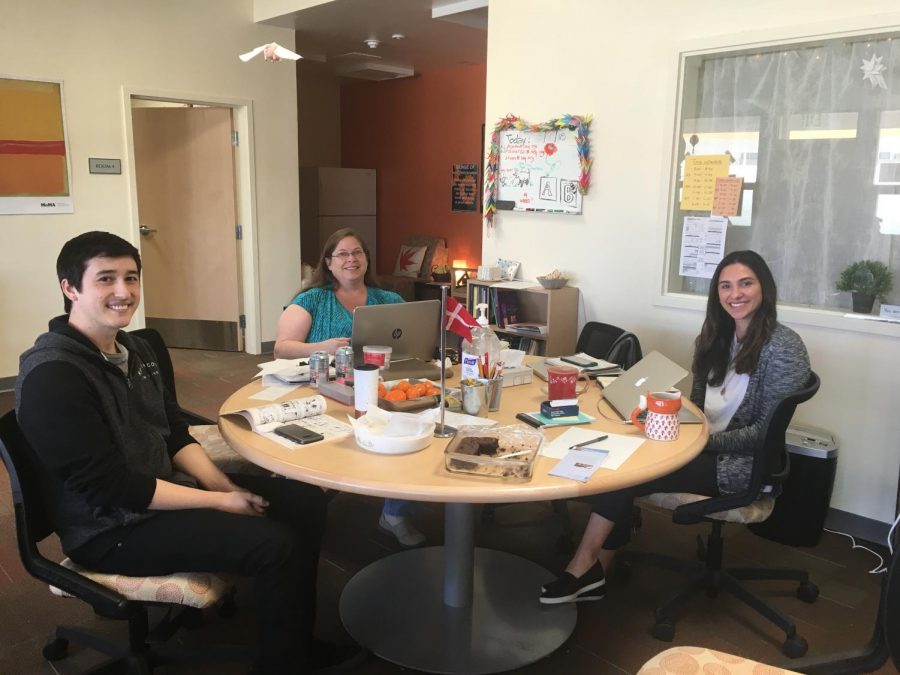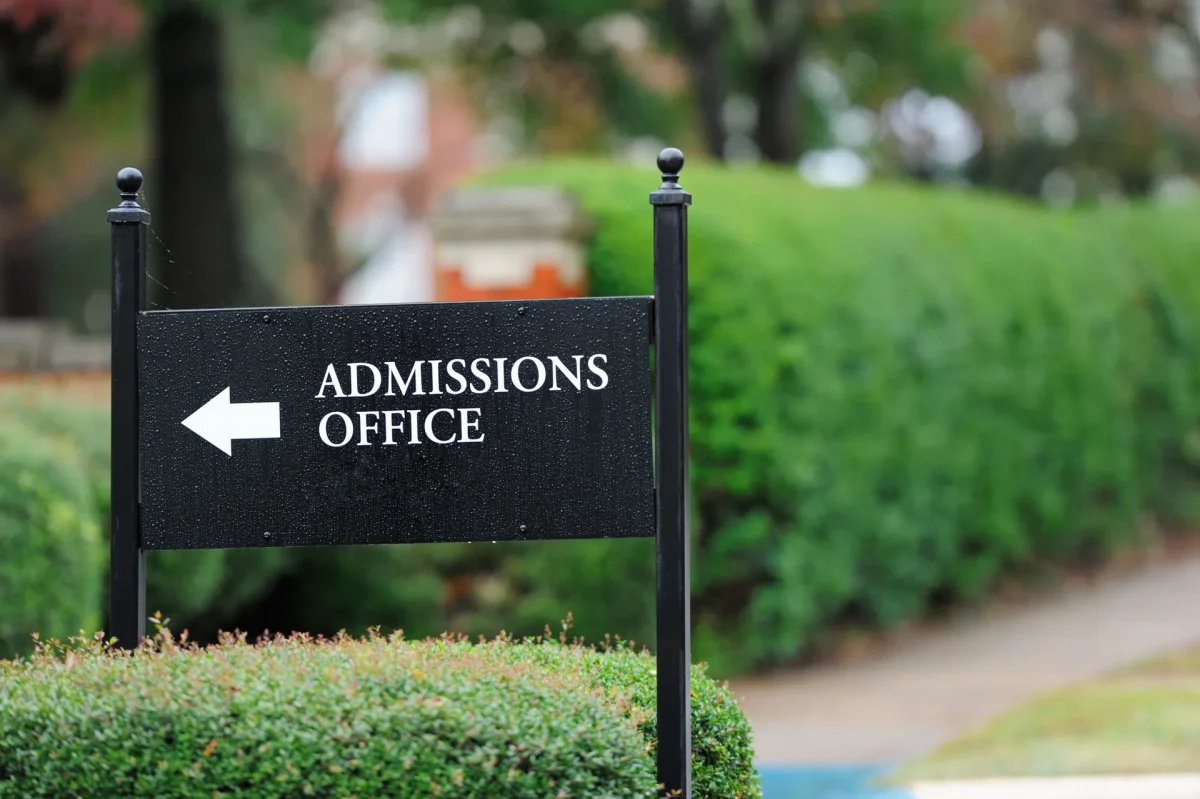In light of recent mass shootings, school mental wellness professionals worry that schools are not adequately supporting students’ mental health.
While Woodside High School counselors acknowledge that they are providing enough support to Wildcats, they worry that this is not the norm.
“Mental health is really important, and I think Woodside does a good job of recognizing that,” Woodside Nurse, Nanette, said.
Woodside’s counseling service, CAT/ACS (Counseling and Advocacy for Teens), provides students with confidential and free support from therapists. The counselors welcome students to drop in as needed, as they want to be there for students in time of need.
Valerie Barrack, a counselor at Woodside, said, “My impression is that students feel comfortable reaching out. Students are either referred here or can drop in any time. For students who want to do ongoing work, we can meet once every week.”
I think it’s hard to provide adequate mental health coverage without supporting therapists financially. Funding is an issue for every part of education. In general though, mental health isn’t funded well because as a culture we don’t value it — Valerie Barrack
Mental illness is arguably a pandemic in adolescents, and educators are attempting widespread intervention in hopes of creating a stronger and safer learning environment.
“Woodside is doing a great job as far as mental health goes. However Nationwide, I think we need the whole country to destigmatize mental illness. The problem is that we only seem to talk about it when violent crimes erupt, like the recent school shootings,” Barrack said.
In the wake of increasing violence in school communities, educational leaders have advocated for an curriculum that depends on the mental stability and well being of its students.
According to a study conducted by the National Institute of Mental Health, more than 60 percent of young adults with a mental illness do not graduate high school, and adolescents who are considered “psychiatrically disabled” are three times more likely to commit a crime.
As school shootings have become more prevalent in America, many politicians and individuals are concerned that the violence may result from inadequate treatment of students who suffer from mental illness.
Even though Woodside offers sufficient services, Woodside counselors argue that they aren’t necessarily effective.
Nanette added, “Many kids aren’t taking advantage of the resources at Woodside because they want to feel like they can handle it on their own or don’t want people to know that they’re seeking therapy.”
Although many public schools offer counseling services, their students are influenced by the prejudice surrounding therapy and mental illness. Many students are too self conscious to use the campus services, and rather seek counseling off campus.
Laura Poppink is a Stanford alum psychotherapist who serves adolescents and adults in the Palo Alto area. Advocates for mental health awareness, like Poppink, argue that the services provided at schools around the nation is not efficient or effective.
Poppink said, “I know in some schools, even private, the counselors are only there for crises, not for ongoing work. The trouble with that is that the schools are under-resourced, and the amount of time that their counselors spend with students isn’t enough to provide long term help.”
Poppink, who frequently works with adolescents, proposed that ongoing group therapy in schools would be extremely effective. By meeting once a week, the students could build a strong bond with their therapist, and get support from their peers.
Numerous studies have found that group interactions are more therapeutic for individuals, and as they see their peers improve, their recovery seems less distant. Psychiatrists from Stanford University have recognized that peers within a group can identify with one another, and they are each an agent of change for one another.
“I think it’s hard to provide adequate mental health coverage without supporting therapists financially. Funding is an issue for every part of education. In general though, mental health isn’t funded well because as a culture we don’t value it,” Barrack said.












